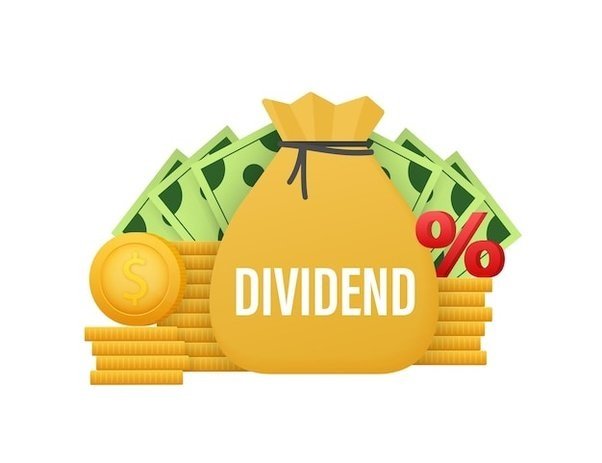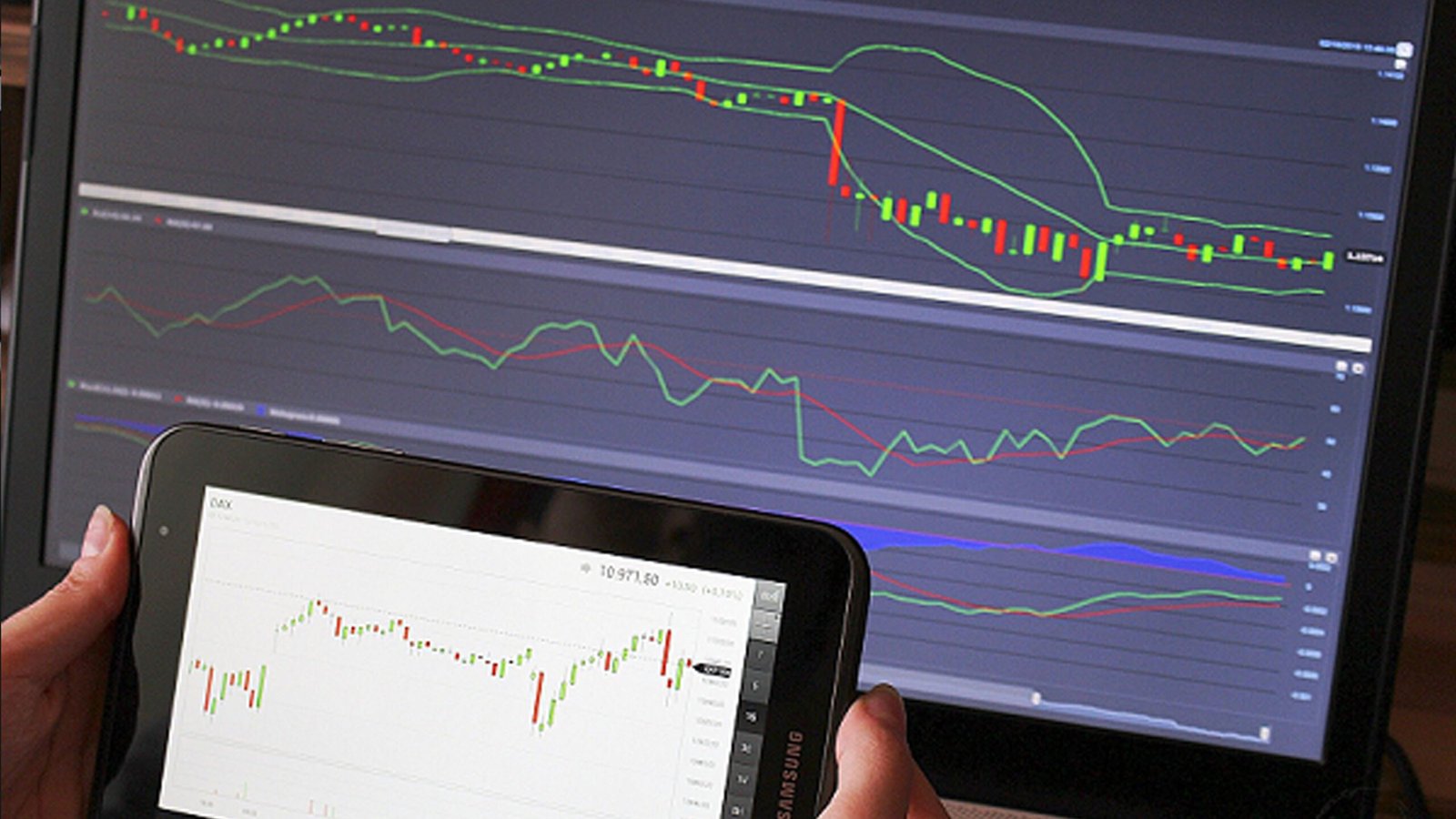Arbitrage

Arbitrage in finance means the simultaneous buying and selling of a security in different markets or within a market on different exchanges in order to generate a risk-free profit on the price difference of the security.
It is about exploiting the inefficiency of the market to generate induced profits at different prices to the point of no longer leaving any arbitrage opportunities. We can deduce that as long as there are market inefficiencies, there is always room for arbitrage.
Types of Arbitrage
Dividend
In this type, traders buy stocks just before the ex-date and also buy put options on the underlying stock. When the stock becomes ex-dividend, the price of a stock drops to match the increase in the dividend price of puts, to the benefit of the trader. In addition, the drop in the share price is adjusted according to the receipt of the dividend.


Futures
With this strategy, the stock is bought for cash and sold in the futures segment. Usually, the futures price is higher than the spot price to account for the future premium; however, upon expiration, the two prices converge resulting in an arbitrage profit for the trader.
How do traders use arbitrage opportunities?
Traders generate risk-free profits in two ways:
By selling at higher prices on one exchange and buying the same stocks on another exchange at lower prices in real-time to take advantage of the price difference.
Likewise, buy cheaper securities on one stock exchange and sell the same more expensive security on another stock exchange in real-time to take advantage of the price difference.
Why Is Arbitrage Important?
The fashionable definition of arbitrage entails shopping for and promoting stocks of stock, commodities, or currencies on a couple of markets on the way to take advantage of inevitable variations of their costs from minute to minute.
However, the phrase arbitrage is likewise on occasion used to explain different buying and selling activities. Merger arbitrage, which entails shopping for stocks in corporations previous to an introduced or anticipated merger, is one method this is famous amongst hedge fund investors.
Arbitrage Risks
Although it is considered a risk-free for-profit trade; However, it also suffers from certain risks which are listed below:
Counterparty credit risk
Insolvency is one of the significant risks encountered in arbitration whereby one of the assets of the buyer or the seller fails, resulting in losses in arbitrage transactions.
Another risk concerns liquidity.
At times due to less liquidity both buying and selling at different prices don’t happen to result in a reduction in spread (the difference between the buy price and sell price) or at times negative spread.
Limitations
In the real world, price inefficiency continues despite arbitrage because there is a concept of transaction cost, which sometimes costs more than the spread a trader can earn on different exchanges.
This is an expensive business and requires a great deal of latitude to undertake arbitrage transactions which limits retail investors to profit from it.





